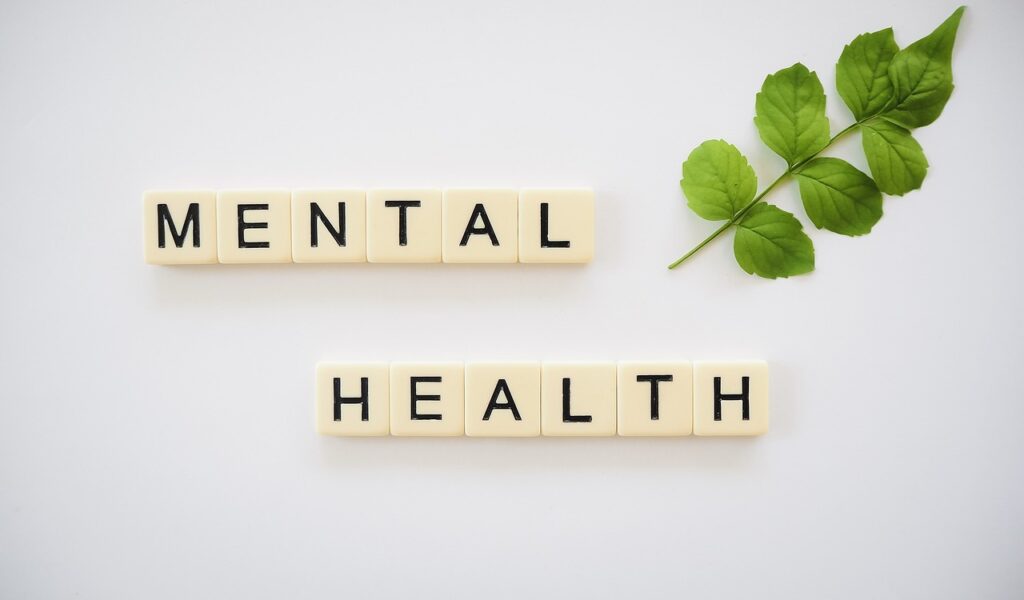In the intricate dance of our existence, the realms of biology, neuroscience, and emotion intertwine, shaping the very fabric of our well-being. Understanding the profound connection between our thoughts, emotions, and biological responses is not merely an intellectual pursui, it is a vital aspect of self-awareness and health. This article delves into the significance of education in bio-neuro-emotion, emphasizing the crucial role it plays in navigating the intricate pathways of our mind and body.
The Bio-Neuro-Emotional Symphony: A Holistic Perspective
At the heart of the bio-neuro-emotional connection lies the realization that every thought we harbor, especially when emotionally charged, orchestrates a cascade of biological responses within our bodies. This symphony of interactions is not confined to the abstract realms of the mind; it permeates our physiology, influencing our health at the cellular level.
- The Thought-Emotion-Biology Nexus:
- Thoughts as Catalysts: Thoughts, especially when infused with emotion, act as catalysts. They trigger the release of neurotransmitters and hormones, setting in motion a series of biological events.
- Emotion as the Bridge: Emotions, the bridge between thought and biology, play a pivotal role. Whether it’s joy, anger, or stress, emotions translate the subtleties of our thoughts into tangible physiological responses.
- Biological Responses: These responses encompass changes in heart rate, hormone secretion, immune system activity, and other physiological functions. In essence, our emotional experiences have tangible effects on the body’s intricate systems.
- The Domino Effect of Maladaptive Stress:
- Homeostasis and Stress: Ideally, our bodies seek homeostasis, a state of balance and equilibrium. However, when emotional stress is sustained and fails to return to this state, it becomes maladaptive stress, disrupting the delicate balance.
- Diseases as Survival Strategies: Maladaptive stress, if left unchecked, can contribute to the development of diseases. From cardiovascular issues to autoimmune disorders, the body, in its attempt to survive the unresolved emotional conflict, may manifest these conditions.
Education in bio-neuro-emotion empowers individuals to recognize the potential impact of their thoughts and emotions on their health. By understanding these connections, individuals can take proactive steps toward emotional well-being and disease prevention.
- Understanding the Mind-Body Connection:
- Thought Awareness: Education brings awareness to the profound impact of thoughts on our well-being. Recognizing the power of thoughts allows individuals to navigate their mental landscapes consciously.
- Emotional Intelligence: Learning about emotions and their physiological counterparts enhances emotional intelligence. This knowledge enables individuals to respond to emotions in a balanced manner, mitigating the potential negative effects on health.
- Tools for Stress Management:
- Mindfulness and Meditation: Education provides tools such as mindfulness and meditation, empowering individuals to cultivate a state of present-moment awareness. These practices have been shown to reduce stress and promote overall well-being.
- Breathwork Techniques: Understanding the connection between breath and stress response equips individuals with practical techniques. Deep, intentional breathing can act as a powerful tool to modulate the stress response.
- Promoting Emotional Resilience:
- Coping Strategies: Education equips individuals with a repertoire of effective coping strategies. From problem-solving to seeking social support, these strategies enhance emotional resilience, preventing the escalation of maladaptive stress.
- Psychological Flexibility: Knowing that emotions are part of the human experience allows individuals to embrace psychological flexibility. This adaptability helps in navigating life’s challenges without succumbing to chronic stress.
- Holistic Health Practices:
- Nutrition and Exercise: Education in bio-neuro-emotion emphasizes the role of nutrition and exercise in promoting mental and physical well-being. A balanced diet and regular physical activity contribute to a resilient and responsive body.
- Sleep Hygiene: Understanding the link between sleep and emotional regulation is crucial. Education on sleep hygiene empowers individuals to prioritize rest, facilitating emotional balance and overall health.
Empowering Individuals for Holistic Well-Being:
In the journey toward holistic well-being, education in bio-neuro-emotion emerges as a beacon, illuminating the interconnected pathways of our thoughts, emotions, and biology. Empowered with this knowledge, individuals become active participants in their health, recognizing the profound impact of their internal landscapes on external well-being.
- Proactive Disease Prevention:
- Preventing the Roots of Disease: Armed with the understanding that sustained maladaptive stress can contribute to diseases, individuals can proactively engage in practices that promote emotional balance, resilience, and overall health.
- A Mindful Approach to Health: Education fosters a mindful approach to health, where individuals become attuned to the signals of their bodies and emotions. This heightened awareness allows for early intervention and prevention.
- Fostering a Culture of Well-Being:
- Community Impact: Education in bio-neuro-emotion has the potential to transcend individual well-being, fostering a culture of health within communities. Shared knowledge creates an environment where emotional intelligence and stress management are valued.
- Educational Initiatives: Integrating bio-neuro-emotional education into formal and informal educational settings can shape generations that prioritize both mental and physical health. The ripple effect extends beyond the individual to influence families, workplaces, and societies.
A Holistic Tapestry of Well-Being Unveiled:
In the intricate interplay of thoughts, emotions, and biology, education emerges as the key to unraveling the complexities of our internal landscapes. By embracing the bio-neuro-emotional connection, individuals embark on a transformative journey, a journey that transcends the mere avoidance of disease and ventures into the realms of well-being.
As we recognize the profound impact of every thought and emotion on our biology, we become stewards of our own health, architects of a life that harmonizes the intricacies of mind and body. Education in bio-neuro-emotion is the compass guiding us toward a future where well-being is not a distant destination but a lived reality, a reality where every heartbeat resonates with the rhythm of awareness, resilience, and abundant health.
Hopefully, this will open up a fresh perspective, allowing us to better understand ourselves and others.
With love Ana!
The information provided in this post is for educational purposes only and is not intended as medical advice.

